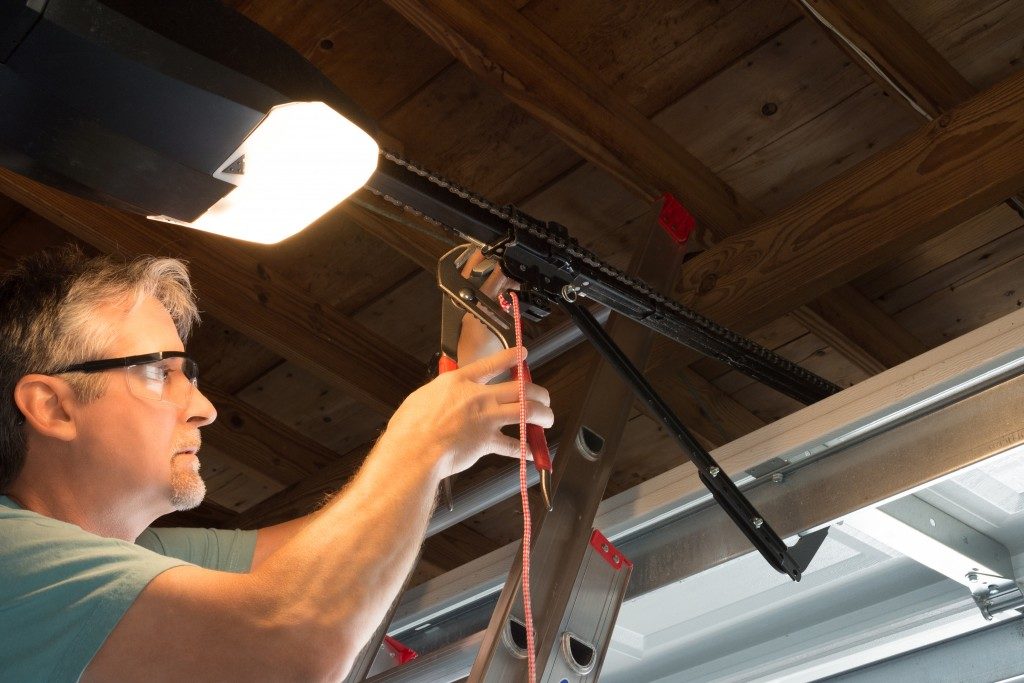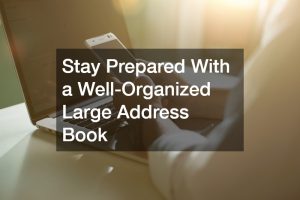A home can be the single largest purchase you can make in your lifetime. You have to make sure that the home you’re looking at doesn’t have any serious health, safety, or functional issues. Check for any underlying problems before moving in, or you may be forced to sell your newly-acquired home at a loss and ruin your finances. Here are the inspections that should be done on the home before finalizing the purchase.
General Home Inspection
Don’t sweat it if you don’t know exactly what to inspect in the home and how to spot problems. You can hire a certified home inspector in Indiana, and they can do the general inspection of the property. General home inspections are usually conducted from the outside of the house going in, starting from the driveway, roof, garden, and garage. Home inspectors will check the home for damage on the roof, and chimney, structural issues on the patio deck or porch, wood rot in outer walls and trim, and broken or crooked windows. They will also check if floodwater is properly channeled to storm drains to prevent water pooling or soil erosion, which may potentially weaken the home’s foundation. As for the interiors, home inspectors will begin with a basement check. The basement is a vital and commonly-inspected part of a home’s interior, since the basement contains the foundation and other important components like heating systems, plumbing, and gas lines.
Radon Level Inspection
Radon is a natural, radioactive gaseous by-product of uranium and radium decomposing in the soil, and is released as particles in the air. Radon testing in homes whether in Indiana or California is one type of home inspection that should never be skipped, because if radon levels are too high, these particles can be inhaled, accumulate in your lungs and cause cancer. Specialized testing is necessary, as radon is completely odorless, colorless, and tasteless, rendering it undetectable by ordinary human senses. According to EPA findings, radon is a leading cause of lung cancer in the US, and is second only to smoking. If the home you’re looking at tests positive for radon, don’t give up on it yet. The good news is that it’s possible to reduce the radon levels and make the home safe to live in.
Mold Inspection
Mold by itself is not a serious problem, as long as it isn’t greenish-black in color. Check for mold specifically as it can signify the presence of even bigger issues. Mold in certain areas of a home can indicate flooding, broken or leaking pipes, or a leaky roof. Since mold needs a constant source of moisture to exist, it’s likely the home has a bad structural or plumbing issue. During the open house, you can discreetly check for mold by opening bathroom cabinets and cabinets under the sink. Look for small gray or black spots—these are signs of leaks or other problems with the plumbing. Look for patches of discoloration on the ceiling, these are signs of a leaky roof.
Sewage and Plumbing Inspection
A more in-depth inspection of the home’s sewage and plumbing systems should be conducted. Any toilets should flush properly, the water pressure from the shower and faucets should be strong, and the water must consistently run clear. This type of inspection can check for issues ranging from clogged drains, to serious damage to pipes and sewer lines caused by tree roots.
Electrical Wiring Inspection

Some older homes for sale may not have updated electrical wiring systems. You should hire a licensed electrician or contractor to do the inspection, as they can ensure that the wiring and electricals of the home comply with the National Electrical Code, and make recommendations if any upgrades are necessary. If the electricals are found to be outdated or faulty, ask if the seller is willing to fix this issue. Should you decide to buy the house, you must be sure to fix the electricals as soon as you can. The National Fire Protection Agency has found that 50% of fires are caused by defective electrical wiring.
When buying a home, insist on these inspections before agreeing to the purchase. Checking for any problems can help you avoid costly repairs or issues that can be detrimental to you, and your family’s health and safety. If you find any issues, you can renegotiate the price, accept the house and have it fixed or find a better home to buy.











